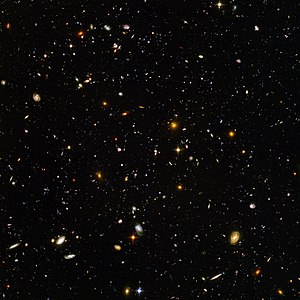Could make no head or tail of it- but seems important enough to be bookmarked for later reading-
For Adorno, what Kant and Freud both lacked was a critical theory of capital; a capacity for the self-reflection, as such, of the subjectivity of the commodity form. Marx provided this. For Adorno, both Kant and Freud were liable to be abused if the problem of capital was obscured and not taken as the fundamental historical frame for the problem of freedom that both sought to address. What was critical about Kantian and Freudian consciousness could become unwittingly and unintentionally affirmative of the status quo, as if we were already rational subjects with well-developed egos, as if we were already free, as if these were not our tasks. This potential self-undermining or self-contradiction of the task of consciousness that Adorno found in Kant and Freud could be explicated adequately only from a Marxian perspective. When Adorno deployed Freudian and Kantian categories for grasping consciousness, he deliberately rendered them aporetic. Adorno considered Kant and Freud as providing descriptive theories that in turn must be subject to critical reflection and specification—within a Marxian socio-historical frame.
- Adorno and Freud : Platypus












